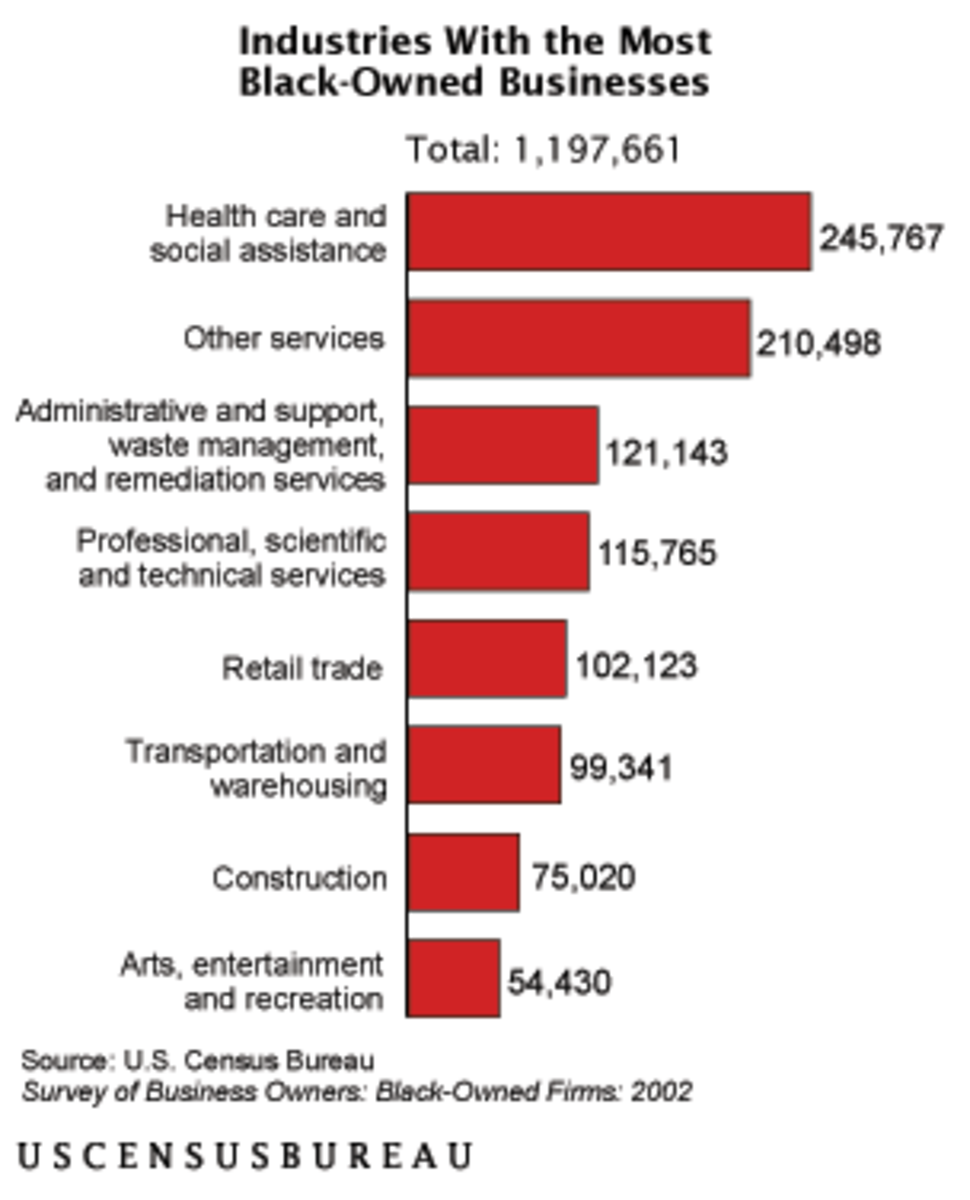History of Google: The Making of a Giant
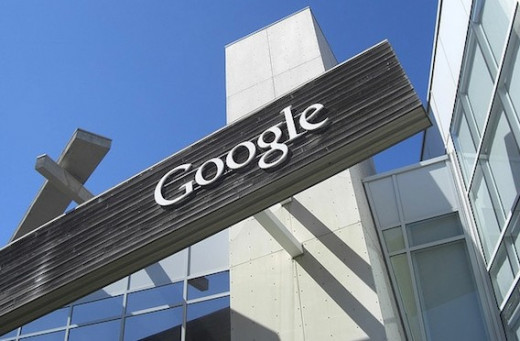
Google: King of the Internet
So who is Google? What is the history of Google?
Google Inc. is an American multinational corporation specializing in Internet-related services and products. These include online search engine, cloud computing, productivity software, email, an office suite, social networking and online advertising technologies.
Desktop products include applications for browsing, organizing, editing photos, and instant messaging. It is also leads the development of the Android mobile operating system and browser only Google Chrome OS specialized for a particular netbook called the Chromebook. It has recently tested the waters with communications hardware, partnering with major electronics manufacturers in production of its high end Nexus devices and it also acquire Motorola Mobility in2012. There is also a Google Fiber broadband service.
In short, Google is truly the Internet Giant, running over one million servers in data centers worldwide and processing more than one billion search engine requests each day. Google is so big that even the Headquarters are fittingly named Googleplex, California!
This is the history of Google.
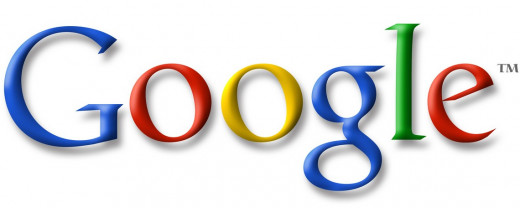
How Big Is Google?
So how big is Google? Let's break it down by the numbers.
For the 2012 operating year, Google had a total revenue of 50.18 billion dollars. Their operating income was 12.76 billion. Their profit was 10.74 billion (yes, billion). Total assets came to 93.8 billion dollars, while total equity came to 71.72 billion.
Currently, they employ 44,777 people. Their subsidiaries are AdMob, DoubleClick, Motorola Mobility, On2 Technologies, Picnik, the very popular YouTube, Zagat, and Waze.
For a complete list of Google products that have been released, acquired, or retired, click here.
Suffice to say, Google holds a big corner of the market.

How Did They Choose The Name Google?
When renaming the search engine in 1998 that they had originally called BackRub, Larry and Sergey come up with the name Google, which is sort of a play on the word "googol, which is a mathematical term for a number represented by the number 1 followed by 100 zeros. This is fitting for a couple of young entrepreneurs that envision a search engine that can organize a seemingly infinite amount of information.Thus, Google is born.
Humble Beginnings
So let's get serious about the history of Google. How did Google get started? It wasn't by any big wheelers and dealers, or fancy CEO's. Google had a rather humble beginning.
Google began in 1996, when two PhD students at Stanford University met and collaborated on a research project.
In 1995, Larry Page, 22, and Sergey Brin, 21, meet at Stanford and at first, seem to disagree about everything. In due course, in 1996, they begin a profound collaboration on a research project regarding search engine parameters.
While conventional search engines would rank results by counting how many times the search terms appeared on the page, the two brainstormed some ideas about a better system that would analyze the relationship between different websites. They called this technology PageRank. The relevance of a website was then determined by the number of pages, and the importance of those pages, that linked back to the original site.
They originally call the search engine "BackRub". They set up their search engine and operated it on Stanford servers for more than a year.
In 1997, they renamed the search engine Google, its modern household name. (See box at right).
Here, Larry and Sergey, two Stanford students, had in their hands an incredibly ingenious tool with untold potential. However, nothing can get off the ground without money. Many good ideas have died a slow, painful death because of not having the right backing. Who knows how far our technology would be had all the people with ingenious ideas down through the years had the right backers?
They had the whole future before them, and success was just at their fingertips. All they needed now was the right investor.
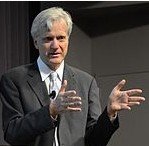
Enter Andreas (Andy) Bechtolsheim
In courting funds to startup Google, Page and Brin encountered Andreas (Andy) Bechtolsheim. Bechtolsheim is quoted as saying, "Engineering students: If your interests are narrow, you are desirable to employees."
After a quick demo of Google, Andy said, "Instead of us discussing all the details, why don't I just write you a check?"
Andreas (Andy) Bechtolsheim is probably one of the most important people in Google history. He is the first investor in Google, in actuality writing a check for $100,000, to an entity that at that time, didn't even exist yet. They incorporated within two weeks and cashed his check.
Who is Andy Bechtolsheim?
Andy Bechtolsheim, born in Bavaria, Germany, is an electrical engineer and computer hardware designer. He co-founded Sun Microsystems in 1982 and has a reported net worth last reported in March 2013 of 2.8 billion dollars.
He later also started several computer networking companies.
Andy Bechtolsheim was a bit of a child genius. At the age of 16, he designed an industrial controller based on the Intel 8008 for a company. He was able to fund his schooling through royalties from the product.
He studied at the University of Munich and after entering the Jugend Forsht contest for young researchers, won the physics prize in 1974.
He moved to the U.S. in 1975 and attended the Carnegie Mellon University where he received his Master's degree in Computer Engineering in 1976. He then became a Ph.D. student in electrical engineering at Stanford University in 1997.
It was at Stanford that he designed the SUN microsystem. The name SUN was actually derived from the initials of Stanford University Network.
Bechtolsheim soon founded a company called HighBar Investments, an early stage venture capital firm with two other SUN colleagues. Bechtolsheim also convinced another of his partners, David Cheriton, into also writing a check for the same amount, $100,000, for Google.
Bechtolsheim's initial investment in Google was the most profitable of all his investments. As of March 2010, that initial investment was worth 1.7 billion dollars.

The Next Big Player: Susan Wojcicki
In September of 1998, Google sets up workspace in Susan Wojcicki’s garage.
Who is Susan Wojcicki?
Well, now she is listed in Forbes magazine as one of the most powerful women in business ranked 30th. She is Google's SVP of advertising.
Originally, she rented her garage to the two founders of Google. She later became the company's 18th employee, a very smart investment, considering that under her leadership, Google's advertising has grown to a whopping $43 billion dollars.
How close did this landlord get to the two founders? Apparently very close, when her sister Anne ended up marrying Sergey Brin. Now they keep it all in the family.

First Milestones
In September of 1998, Page and Brin file for incorporation and Google becomes Google, Inc.They then open a bank account, deposit their first investment check, and hire their first employee, a fellow Stanford University student.
Five months later, they move out of the garage with their eight employees to Palo Alto.
In June of 1999, Google is becoming a household name, with terms such as 'googler's" and "googling" popping up everywhere.
By December of 2000, Google offers searches in 15 languages and begins implementing original ideas in customizing the toolbar, and bringing certain features that are popular now with people, such as the yearly April 1 hoax. They also implemented their hugely successful AdWords program and forged a partnership with Yahoo to become the default search engine.
These are huge steps forward for Google.
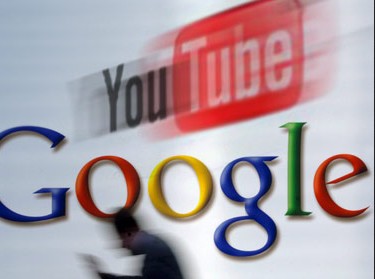
Google: Forever Moving Forward
Ongoing Milestones
New partnerships were created with monster companies like AOL. Well over 3 billion documents are indexed at this point. Google has climbed to include 72 languages, including the faux but very popular language of Klingon.
The introduction of such popular features as Google Maps and Google Earth, Google Talk and Google Reader, are released.
Google is smart along the way, also. One of the major competitions they have is in the way of videos. For so long, they have been struggling against the insanely popular YouTube. They are not winning the fight. So, what's the old saying, "If you can't beat 'em, join 'em?"
That's exactly what they do and in 2006, they purchase YouTube for a staggering $1.6 billion dollars. This is one of the biggest ventures in their history, and one of the most profitable. Thus, two giants merge.
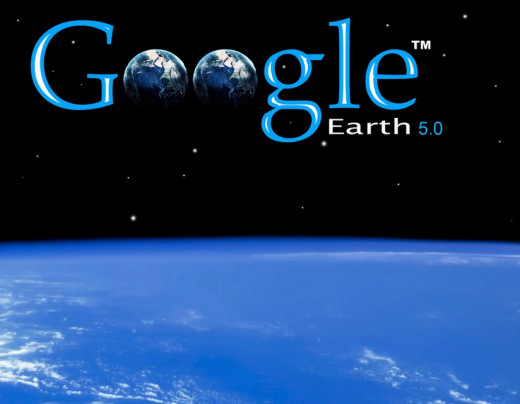
More Milestones and More Tweaks
Google releases many more programs and updates over the years. They hold a huge margin on the mobile experience market, especially the Android market.
They update and tweak programs such as Google maps to include details you want, discard what you don't and to reroute you around traffic.
There are interesting things like the Google Art Project, which allows you to tour 17 of the world's best museums. There is Google Wallet, allowing people to pay using their phone. They eventually acquire Motorola Mobility.
Google stays green and gives back by investing $168 million dollars into solar energy power plant, and invest in windfarms.
They launch YouTube Space Lab, a channel for students to be able to submit ideas for experiments to be carried out in space.
Google Play and Project Glass are more featured expansions of Google.
Such incredible features are added to Google Maps, such as the ability to dive into coral reefs and see panoramic underwater views.
Google's expansion, updates, and new innovations are endless and keep us at the edge of our seat.
What Is Your Favorite Search Engine? (Did you know that many redirect back to Google)?
Why Is Google So Successful?
There are, of course, a number of reasons why Google has been successful. Very smart decisions were made early on. They had the right investors, which helped them to go far. They also had the insight at times to accept what they could not change and find a way to work with it, which is something a lot of companies find it hard to do.
Most of all, a big key to their success is that Google has an insane knack for coming up with some of the most fresh, original and very innovative products and tools on the market that feature new, cutting edge technology and yet they manage to focus well on keeping it user friendly.
Brin and Page's innovation-friendly office culture has created fertile ground for spectacular successes beyond search, including AdSense/AdWords, Google News, Google Maps, Google Earth, and Gmail. The company's belief in clean design and ethical ad sales, and its corporate philosophy — often simply stated as "Don't be evil" — continue to set the company apart.
Interestingly enough, co founders Brin and Page retain only a combined total of 18% share in the company. Still, that's a lot with a company like Google. That equals 57.7 million shares, which is about 59.9% voting power. This being said, their plan is to sell about 10 million stock over the next five years. This will put them at holding 15% of the Google market and controlling 48% of the voting power. This will be approximately a $2.25 billion dollar transaction.
They certainly are network giants, but they maintain a user friendly platform. They are always pleasantly surprising us with the next new thing around the bend. We eagerly anticipate to see what the future holds with this landmark company.
References:
- http://www.forbes.com/sites/moiraforbes/2013/05/22/googles-susan-wojcicki-the-most-powerful-woman-in-advertising/
- http://www.google.com/about/company/history/
- http://gigaom.com/2011/03/23/andy-bechtolsheim-arista-networks/
- http://googlepress.blogspot.com/2006/10/google-to-acquire-youtube-for-165_09.html



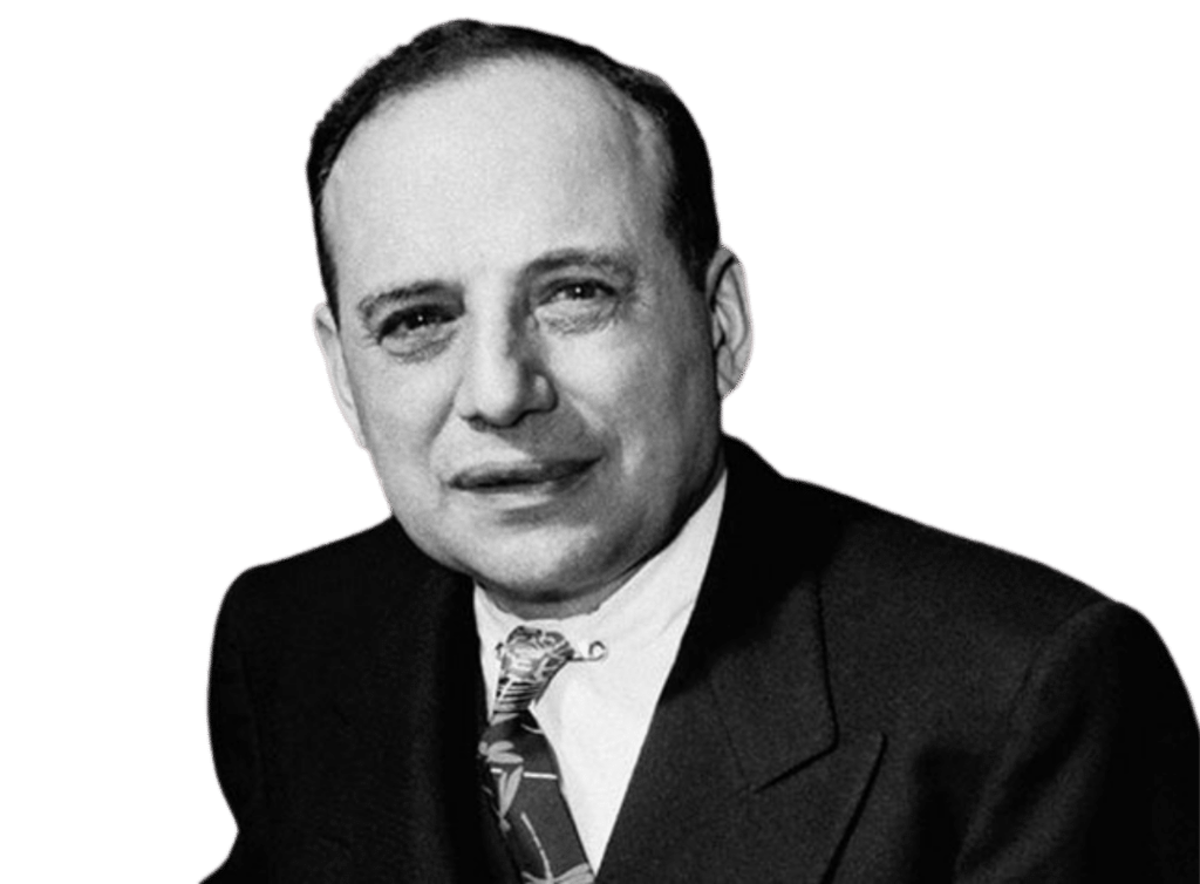

![Obama's General Motors [GM] Tarp Bailout - The Untold Details Obama's General Motors [GM] Tarp Bailout - The Untold Details](https://images.saymedia-content.com/.image/t_share/MTc0MTU0NDA1OTcxNzY1MTE2/obama-general-motors-gm-tarp-bailout-untold-details.jpg)

